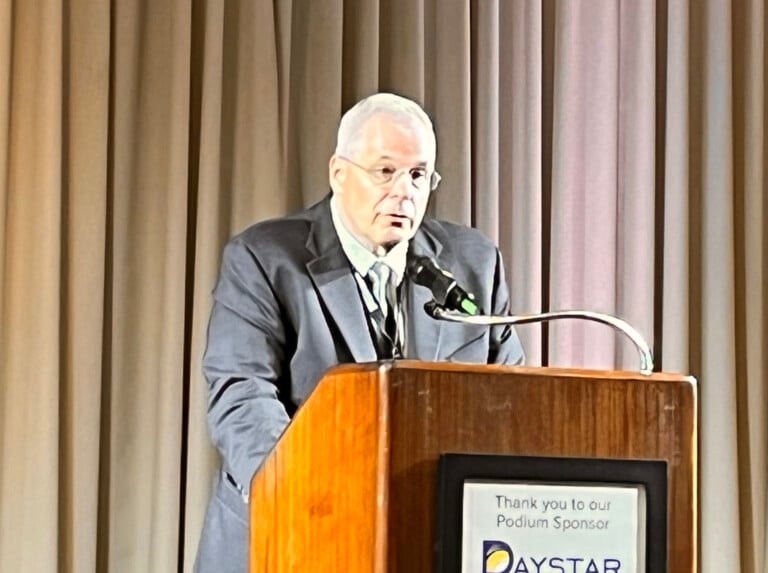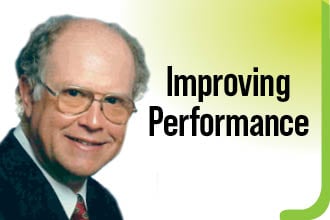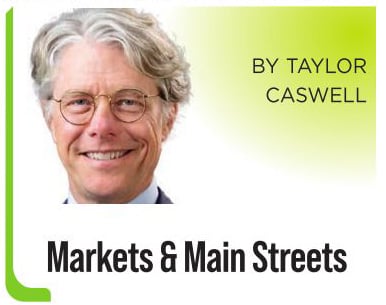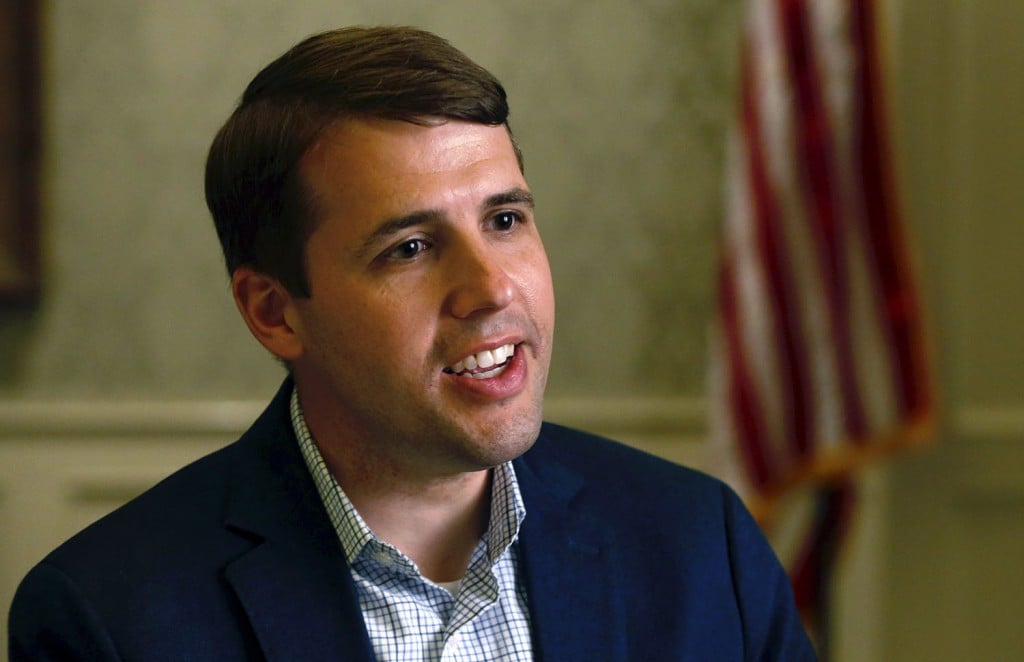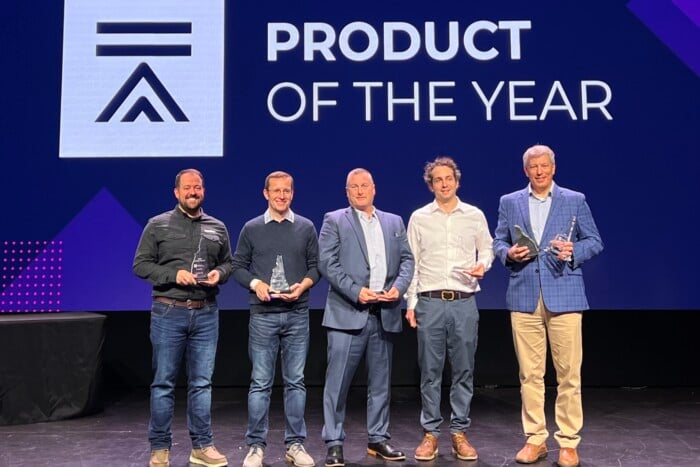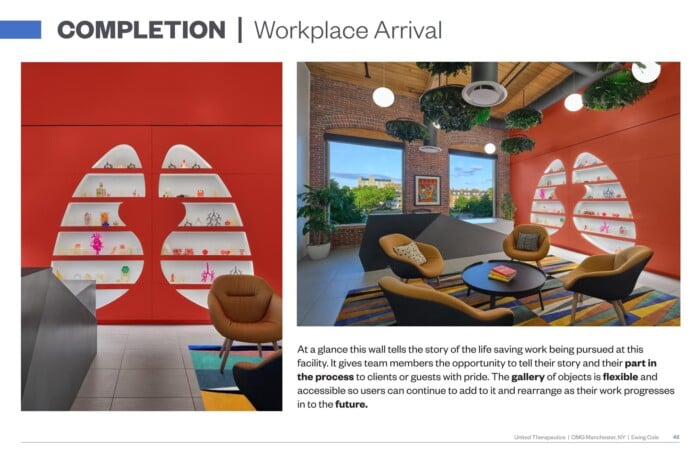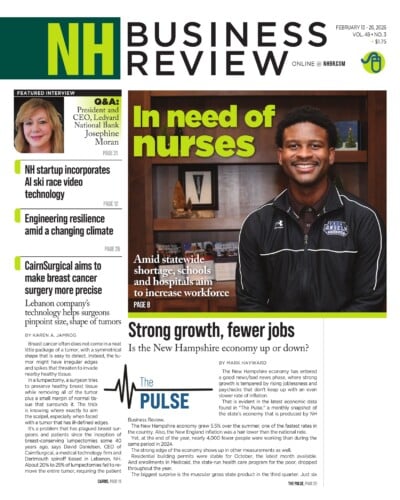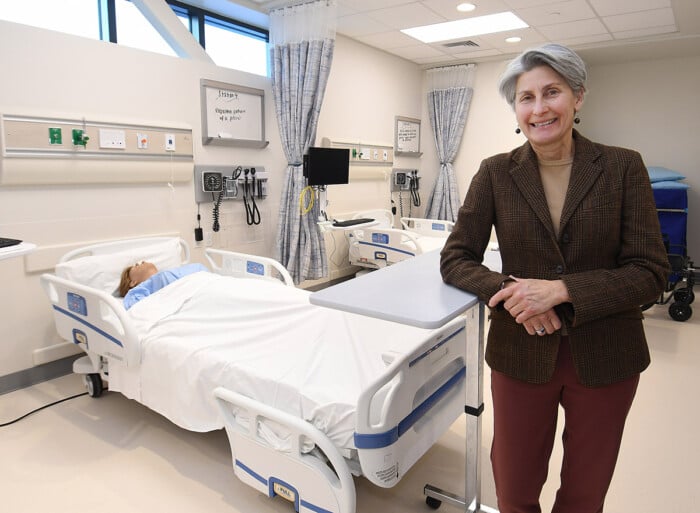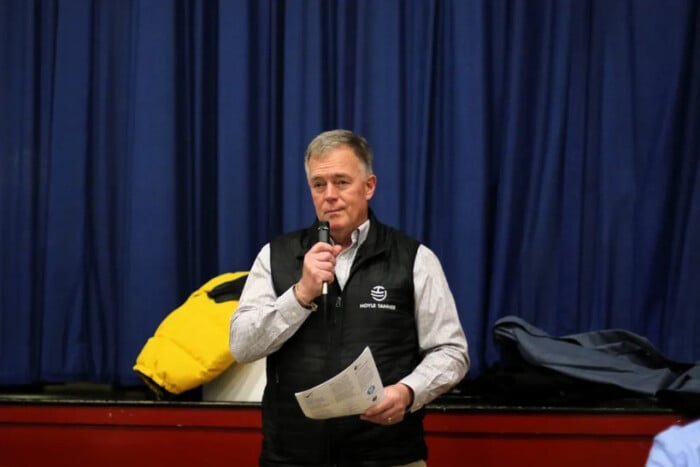 The big takeaway from this year’s New Hampshire Manufacturing Extension Partnership (NH MEP) summit was that it happened at all.
The big takeaway from this year’s New Hampshire Manufacturing Extension Partnership (NH MEP) summit was that it happened at all.
“Quite honestly, 90 days ago we didn’t know if we were even going to be here,” NH MEP president Tony Fernandez said at the close of the Oct. 3 meeting in Windham.
This spring, Fernandez learned that the 51 MEPs that operate in each state would be losing their federal funding due to Trump administration budget cuts. The partnerships provide services to manufacturers and connect them with resources.
“We work hard to try to support and help manufacturers in the state,” Fernandez told the group before inviting his six staff members to the stage.
In late June, New Hampshire’s congressional delegation announced nearly $925,000 in federal funding to the NH MEP, saving it from closure and allowing it to continue the kind of work that was supported Friday by nearly three dozen sponsors who signed on to support the summit.
They included big-name players like M&T Bank, BAE Systems, Mainstay Technologies, North Branch Construction and the University of New Hampshire John Olson Advanced Manufacturing Center.
The 23rd Annual Advanced Manufacturing and High Technology Summit drew a record crowd of more than 400 people to the Castleton Banquet & Conference Center, including business owners, financers, vendors, and high school and college educators.
“The community colleges, the state colleges, UNH, people like that should be your valuable resources,” Fernandez told the group. “If you’re in manufacturing today, those are the people you want to talk to; that’s your workforce of tomorrow.”
Attendees listened to keynote speakers talk about how to better connect with customers and how to harness artificial intelligence. They listened to a panel of workforce experts from the state Department of Business and Economic Affairs and the MEP share information on partnerships with colleges and a worker training program for employers that includes a 50% funding match from the state.
The summit was kicked off by Mike Skelton, president and CEO of the Business and Industry Association, a statewide chamber of commerce and manufacturing association.
“As I’m traveling around the state talking to our more than 500 members, representing all industry sectors and all business sizes, one thing that is really clear is that innovation in manufacturing is a core strength of our economy and our business climate here in New Hampshire,” Skelton said. “It’s a story we need to continue to tell and find ways to enhance to tell it better and tell it more prominently. Events like today are part of that.”
Tim Wade, New Hampshire regional president for M&T Bank, talked about some of the challenges manufacturers are facing, including the global tariffs imposed by the Trump administration.
“The manufacturing sector is facing some important strategic decisions, especially in light of recent economic shifts and ongoing concerns around tariffs,” Wade said. “Tariffs are driving up the cost of everyday goods, from clothing and auto parts to electronics and construction materials.”
Meanwhile the labor market is showing signs of strain.
“While economists generally view tariffs as a temporary factor in price increases, the combination of persistent price increases and labor market weakness presents a stagflationary challenge to the Federal Reserve.”
U.S. Rep. Maggie Goodlander, a Democrat who represents the state’s 2nd congressional district, alluded to the funding battle for the MEP program as she talked about tariffs and federal budget cuts.
“A trade war is not good for business,” she told the group. “I believe in using every tool we can for economic fairness, but our most powerful tools have got to be deployed responsibly and in ways that are going to actually help us achieve what we want, which is to strengthen manufacturing at home,” she said.
What’s also not good for business: trying to eliminate a program designed to support it.
“The uncertainty and the chaos — NH MEP has felt this, too — we’ve seen it across New Hampshire, the uncertainty that comes with cuts to programs, to contracts, to funding streams that have been promised to New Hampshire.”
